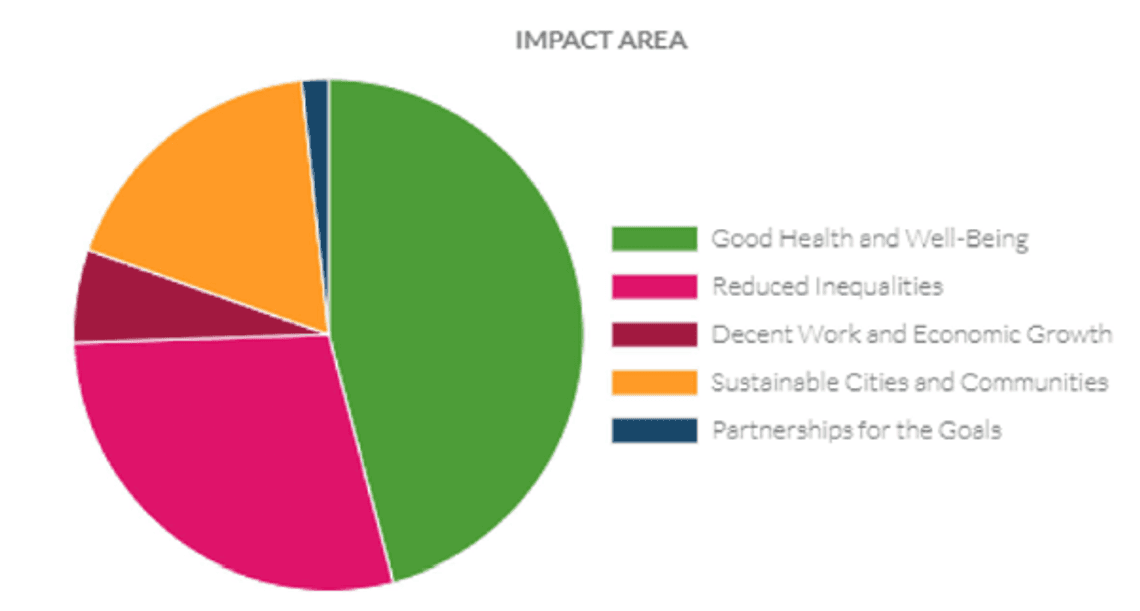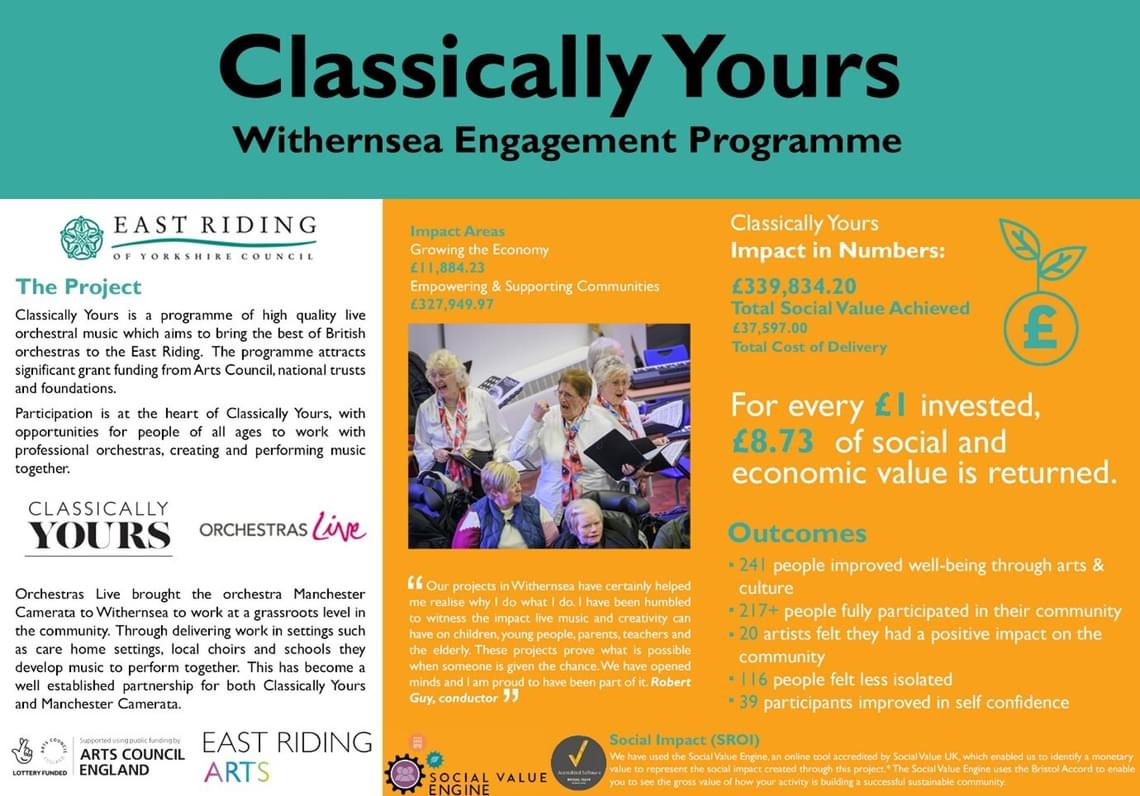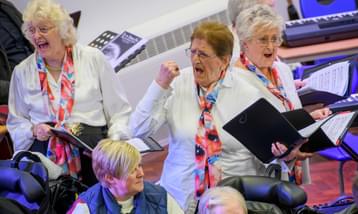Measuring the social value of culture projects
NewsNews Story
We're always exploring how we measure the impact and value of the work we produce with our partners. So when our partners at East Riding Council mentioned a tool the Council had developed with Rose Regeneration to measure social value across other aspects of their work, we were immediately interested.
What is social value?
Social value is a measure of the good that is achieved by organisations or activities in a specific community. It’s now used as part of the tender evaluation process for major public contracts, by the government and local authorities. But far from being a dry, number-crunching process that bears no relation to creative activity, evaluating the social value of cultural engagement can provide a powerful tool in communicating the impact of community focused work. It also enables cultural organisations to understand their impact in the communities where they work, and use that knowledge to make better decisions.
The engine
The Social Value Engine was developed by East Riding Council and Rose Regeneration. It measures data that looks beyond profit as the sole arbiter of value, to produce a financial indicator of a social return on investment. The engine aims to support you to measure and evidence the value of your work to the continued wellbeing of society.
Classically Yours: the pilot project
We could see how being able to evidence the social value and impact of our Classically Yours programme would take us to another level in underpinning future planning, programming and advocacy. East Riding Arts promptly included running a Social Value Engine cultural pilot in the plan for the current phase of the Classically Yours. It was the first time the engine had been used in an arts context and we were intrigued, if a little nervous, about what we would learn. What would it tell us and were we prepared for our perceptions to be challenged by an external methodology?
We identified our Withernsea work with Manchester Camerata as the pilot project to test whether the Social Value Engine could work in a cultural context. In Withernsea, we deliver creative projects with care settings and schools. Participants create their own music then come together with Manchester Camerata and two local choirs for a joyful intergenerational performance at the High School. It’s a well-established community programme with committed partners that has been evolving over a number of years and was the obvious candidate for the pilot. We’ve observed the social value of the project in our conversations with partners and feedback from everyone involved, but being able to evidence this clearly in a way that can communicate effectively to those not involved in the work was a tantalizing prospect!
We designed a 360 evaluation framework using the Impact and Insight Toolkit (an evaluation platform for ACE funded organisations) to gather evaluation data from everyone involved in the project, from participants, community group and school leads to the audience and orchestral musicians. Once we had collated the data, with the Arts and Social Value Engine teams at East Riding Council, we then investigated how this could translate into the Social Value Engine, matching the evaluation questions to social value engine outcomes.

The engine has been carefully built to produce objective results. For example, there are mechanisms that help users to balance the data to prevent over-claiming. We all know that change experienced by individuals can rarely be attributed to one single factor so it’s vital the engine helps us to balance this and avoid including statements that can essentially ‘double count’ the same social value. The engine is built from a foundation of external research and evidence to underpin all the financial values used and to ensure users can verify the data.
Having a deep understanding of our own evaluation data was key to learning how the engine works and how best to input the data we had collected – we had plenty of challenge from the social value engine team to make sure we did this in the most meaningful and robust way.
Once the hard work with the data was complete, the project was put through the engine and we had the results, mapped against the UN Sustainable Development Goals...

Classically Yours in Withernsea in 2023 delivered £8.73 of social value per £1 spent. The social value was attributed across 5 UN Sustainable Development Goals.
Overall, the findings produced by the engine were very encouraging. The social value of £8.73 for every £1 spent evidenced a positive return on that investment and didn’t range into what would be identified as over-claiming. We were also able to use an existing evaluation framework effectively within the Social Value Engine. We are excited and pleased to see that the value of our work that we observe in the community was reflected in the social value engine outcome, which is testament to the power of our partnership projects with the community in Withernsea.
Mapping the social value of bespoke cultural projects against universally understood UN Sustainable Development Goals enables us to begin to evidence how cultural projects effectively contribute to society across a range of measures. With our partners at East Riding Council, we will be using the analysis to advocate for the value of cultural activity and to demonstrate to our funding partners the impact their support has delivered.
The Social Value Engine can produce an impact card highlighting the key data from your project. East Riding Council are using the impact card below to represent their cultural programme cross departmentally within the Council and demonstrate how the project is contributing to the Council’s key impact areas.

In light of the initial positive outcome of our first trial of the Social Value Engine, we are now continuing to test the engine on different models and scales of arts and culture projects with East Riding Council. We will be discussing these results with colleagues at Arts Council England and other stakeholders as we explore the potential of this evaluation methodology to evidence the value of the the work we do with communities.
Interrogating our data in this way has been a fascinating and enlightening process and we’re excited to learn more through the next phase of the pilot research. We’ll be sharing further results as they emerge, so watch this space!



